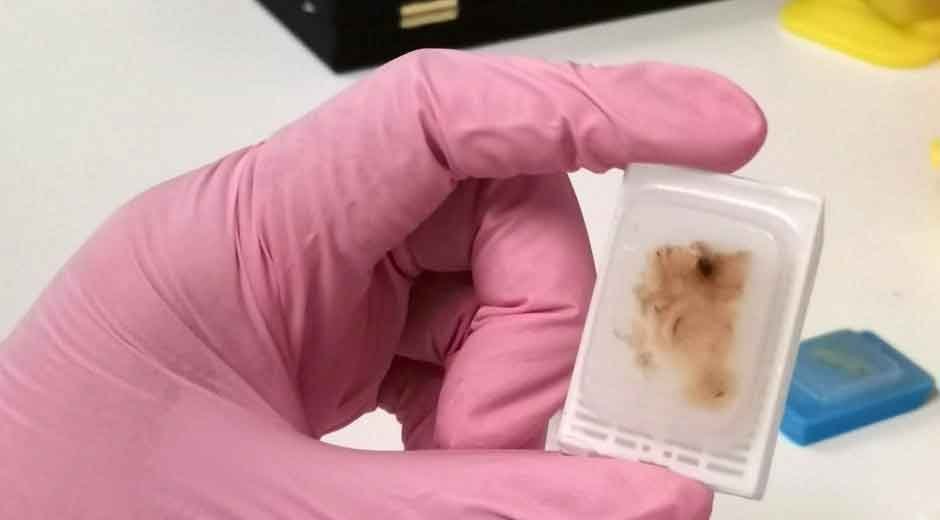What makes FFPE tissue blocks indispensable in the world of diagnostics? This question highlights the critical role these samples play in advancing medical understanding and patient care. Formalin-fixed paraffin-embedded (FFPE) tissue blocks serve as the foundation for many diagnostic tests and research efforts. Their importance extends beyond simple storage, providing a reliable way to preserve tissue morphology and molecular integrity over long periods.
The Basics of FFPE Tissue Blocks
Tissue blocks begin with samples fixed in formalin, which stabilizes the cells and prevents decay. The fixed tissue is then embedded in paraffin wax to create a solid FFPE block. This process allows for thin sections to be sliced from the block for microscopic examination. The ability to preserve tissue architecture and cellular detail makes these blocks invaluable for pathologists.
This preservation method ensures samples remain usable for years. Unlike fresh or frozen tissue, these blocks do not require special cold storage. This ease of handling allows laboratories to maintain extensive archives, supporting both retrospective studies and routine diagnostic work. The tissue block becomes a permanent record that can be reanalyzed when necessary.
Crucial Role in Diagnostic Accuracy
One of the most important functions of FFPE tissue blocks is enabling accurate diagnosis of diseases. Pathologists rely on these samples to identify cancer, infections, and other pathological conditions. The preserved cellular structures and molecular markers within the block facilitate precise assessments.
By examining sections cut from the tissue sample, specialists can detect subtle changes in tissue that are critical for diagnosis. Immunohistochemistry and molecular testing techniques are often performed on these sections. These advanced analyses provide insight into tumor types, genetic mutations, and potential treatment targets. Without the reliable preservation offered by this method, many diagnostic processes would face significant challenges.
Supporting Personalized Medicine
The rise of personalized medicine depends heavily on the ability to analyze tissue samples at a molecular level. FFPE tissue blocks are a key resource in this regard. Molecular tests performed on sections from these samples guide treatment decisions, especially in oncology.
Genetic profiling, for instance, identifies mutations that might respond to targeted therapies. The block’s ability to maintain DNA and RNA quality, despite the fixation process, supports such testing. Laboratories handling tissue samples must ensure proper processing to maximize the usability of the specimen for these purposes.
Integration with Laboratory Services
Laboratories specializing in histology and pathology provide critical support in processing and analyzing tissue blocks. These services include embedding tissues, cutting sections, staining slides, and performing molecular tests. Handling tissue blocks requires expertise and advanced equipment to preserve tissue integrity and yield accurate results.
The integration of specialized laboratory services ensures that tissue blocks meet the highest standards for diagnostic use. Accurate sectioning and staining techniques enhance visualization under the microscope. Laboratories equipped with molecular testing capabilities further extend the value of these blocks in clinical decision-making.
Importance of Quality Control
Maintaining quality in the preparation and storage of FFPE tissue samples is vital. Errors in fixation, embedding, or storage can affect tissue morphology and molecular analyses. Proper protocols must be followed to avoid artifacts that could mislead diagnosis.
Quality control measures include monitoring fixation times, controlling embedding temperatures, and ensuring proper documentation. Consistency in these steps preserves the diagnostic potential of each specimen. This attention to detail supports reliable test results and patient outcomes.
An FFPE block represents a cornerstone in both diagnostics and research. Its reliable preservation of tissue structure and molecular components makes it indispensable. From accurate disease diagnosis to enabling personalized treatment plans and supporting ongoing research, this block continues to play a vital role in healthcare. Proper handling, expert laboratory services, and strict quality control ensure that the tissue block fulfills its potential as a reliable resource in medicine.










